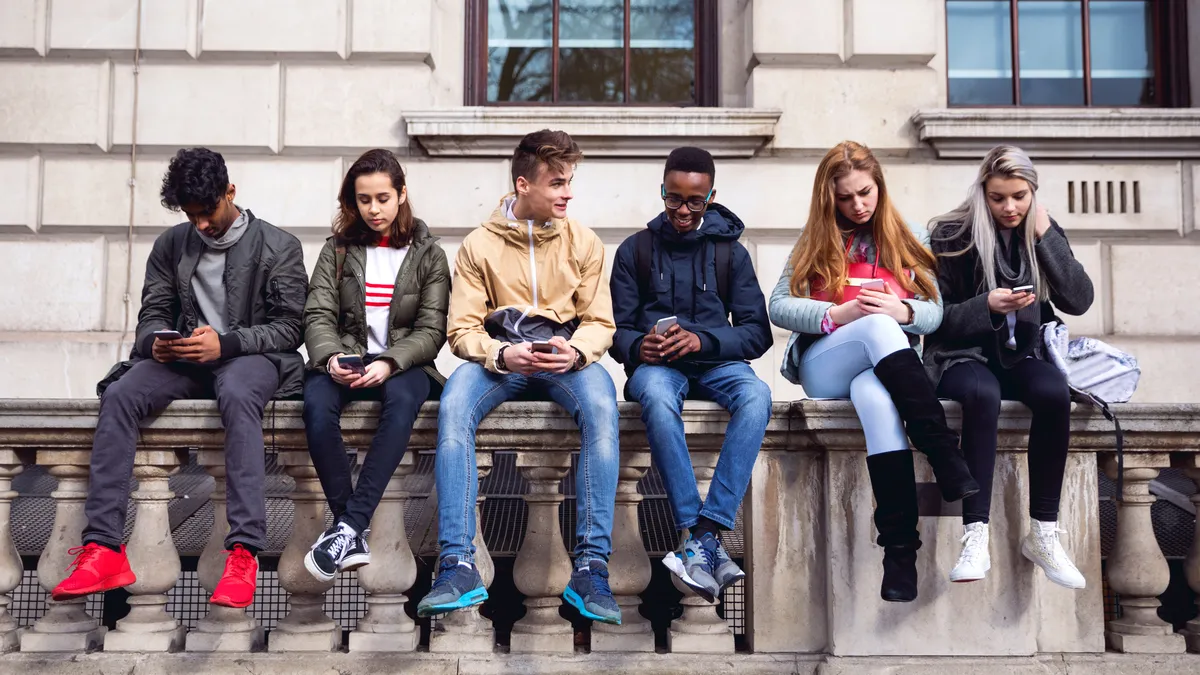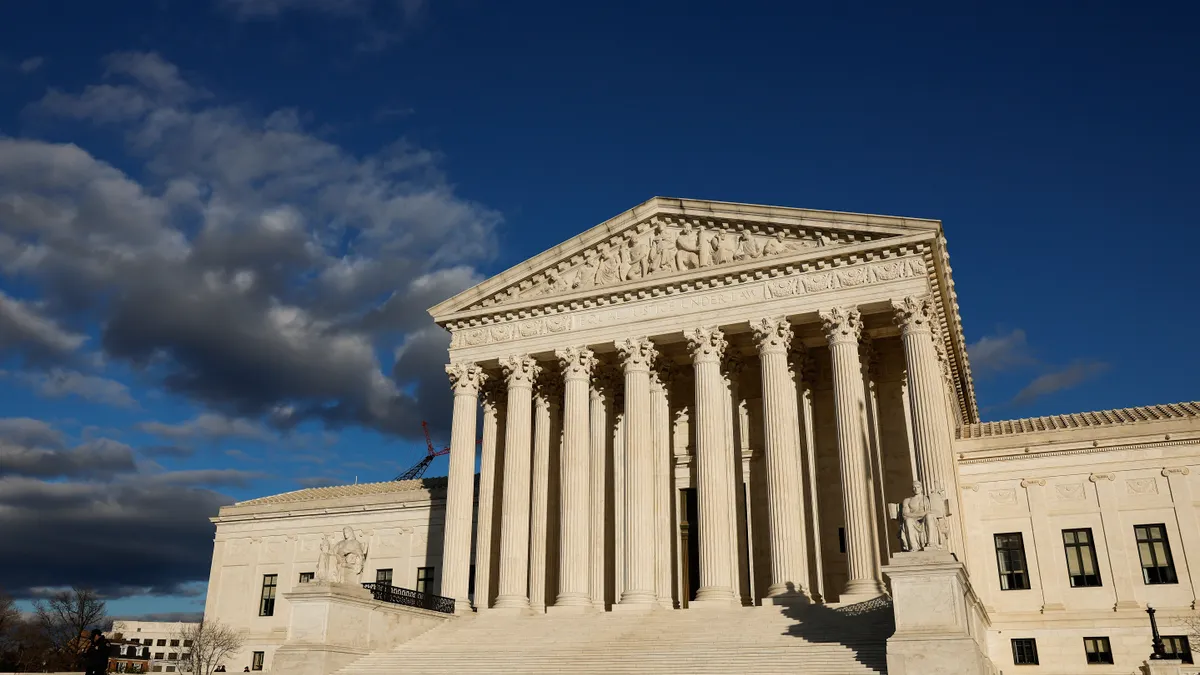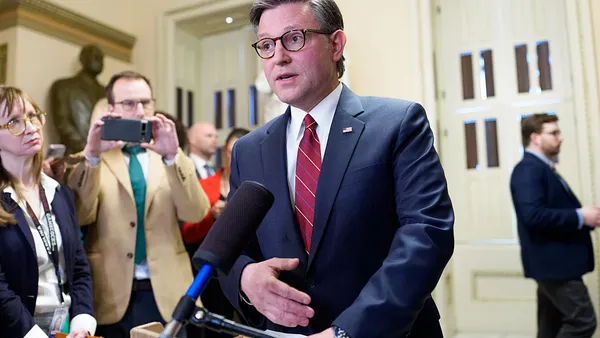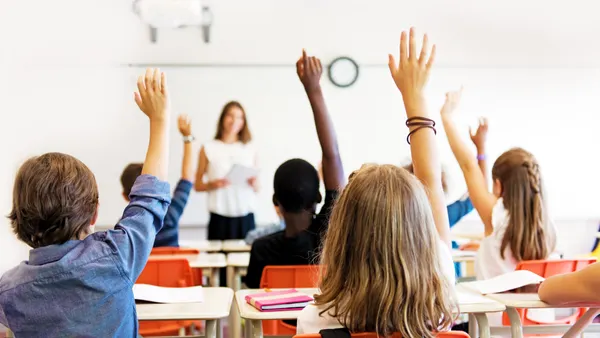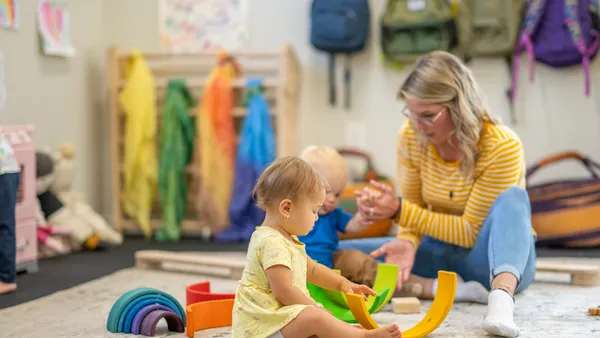Autumn Adkins Graves is head of school of St. Anne’s-Belfield School, an age 2 through grade 12 independent school in Charlottesville, Va.
We adults have lost our way.
We need to figure out how to right the ship for our children — the sooner, the better.
As an educator and independent school leader, I can speculate about how we got here, but that doesn’t matter as much as how we collectively fix the broken infrastructure.
One place to start is by teaching students how to be exemplary citizens — the kind of people who focus on making the world a better place, not just on their own self-interests.
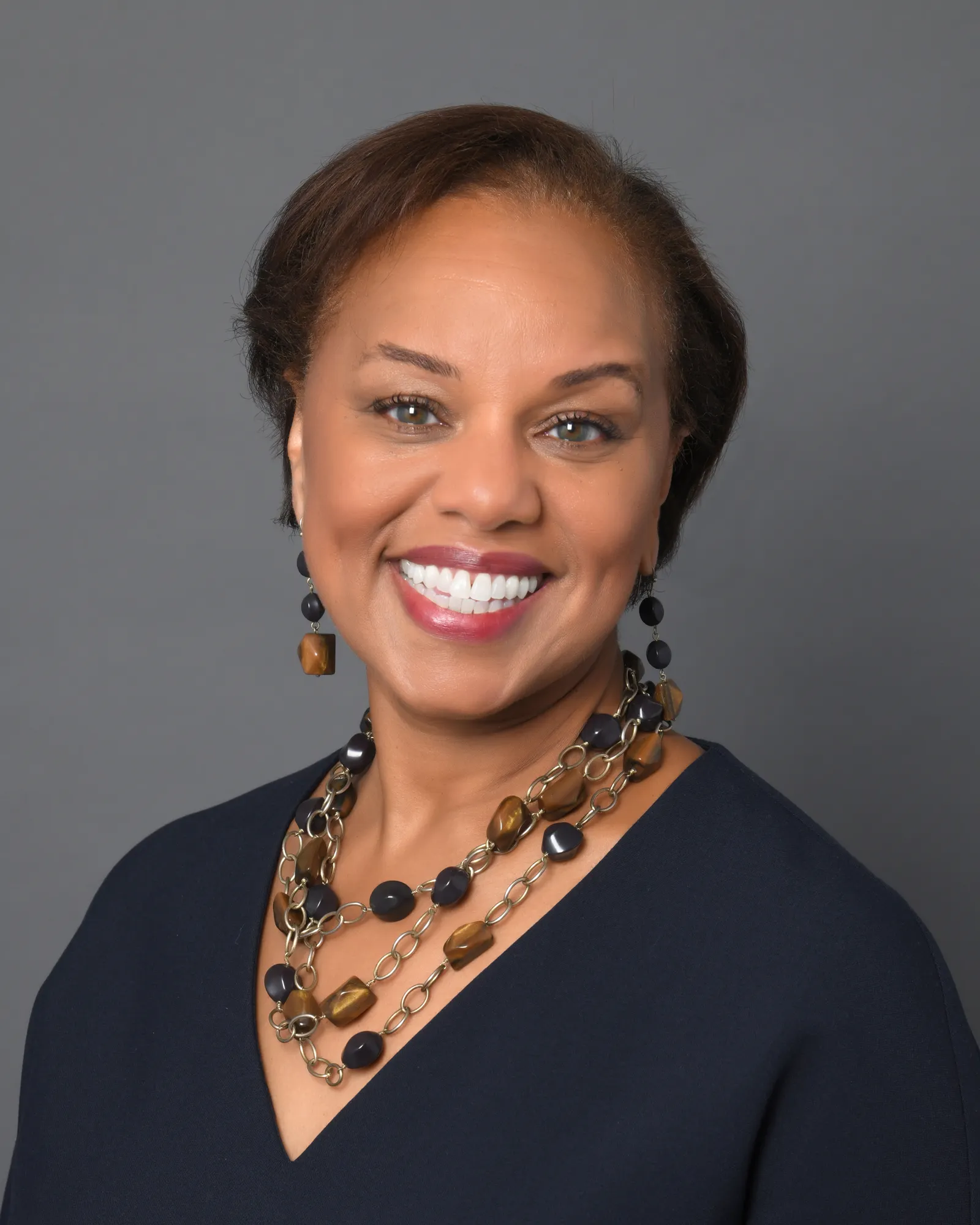
Of course, this raises a chicken-egg conundrum. To raise outstanding citizens, do we begin by rethinking how we teach important subjects and lessons? Or is it more important to challenge students to think holistically, apply their lessons in a broader context, and envision a world — one they can help shape — beyond the year 2025?
The answer is both.
The task is enormous. After all, we have to teach students how to thrive in an ever-changing world, a society that we may not completely understand ourselves.
On another level, basic civics lessons can — and should be — woven more explicitly into curricula.
On a fundamental level, that means teaching students how to work together in teams — whether academic, athletic or performing arts.
Selflessness should be in, while selfishness should be on the way out. We’ve become a society of “me,” not “we.” We are now a country of people who value the highlight dunk reel over passing up a shot for a teammate, and we are indirectly teaching that “me first” mindset to our students.
True leadership isn’t always about being in charge or being credited as No. 1. Sometimes, it’s about supporting a team, pushing a shared vision forward, and finding contentment in playing a small but vital role in a team effort.
There’s real value in contributing to something bigger than oneself, even without the title or limelight. If we can shift that mindset and rethink that paradigm, we’ll be making positive strides.
At a larger level, it also means educating students about how decisions and laws are established, not just in the three branches of the federal government but also at the state and local levels.
A student needs to realize why it matters to stay abreast of current events and the importance of participating in democracy.
Nearly 64% of people voted in the last presidential election, but far fewer voted in off-year or local elections. Yet those are the elections that impact people and communities the most.
Moreover, because so many people avoid voting, too many young people don’t know how the government works in America or feel apathetic to the incremental changes that occur at the local level.
Rather than seeing elected officials as public servants, they identify officeholders as political figures or, even worse, career politicians or celebrities — people who are only interested in making decisions to ensure victory in their reelection campaign rather than determining what is best for their constituents in the short or long run.
Also, it is time to tweak the way we teach media literacy: Too many students accept TikTok and Instagram posts at face value without considering the source or weighing the credibility of the content creator.
Moreover, schools can empower students to solve issues instead of getting stuck on identifying problems.
Too frequently, we fixate on what’s broken instead of creating a better way. Rather than pointing fingers, shifting the focus can make a difference. When students learn to be solution-makers, not just problem-identifiers, they lower their toxic anxiety levels and instead set themselves up to succeed in tomorrow’s world.
As educators, shaping students to think like exemplary citizens means adjusting our approaches so we enable students to build confidence in their abilities to apply their understanding in a "real-world" context.
Things won’t change today, this month, this year or even this decade. But by beginning with the end in mind — with a resolve that society can be full of exemplary citizens — we can start on the right path.

